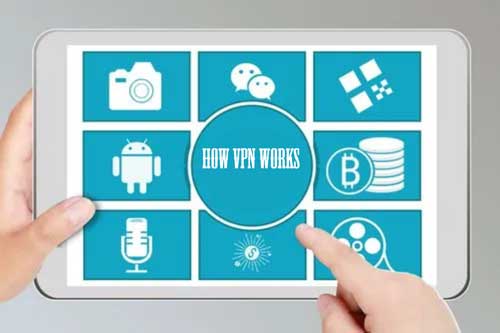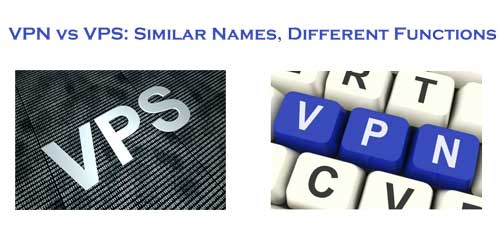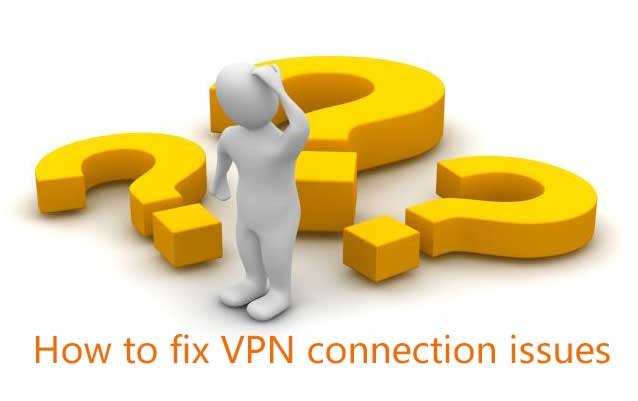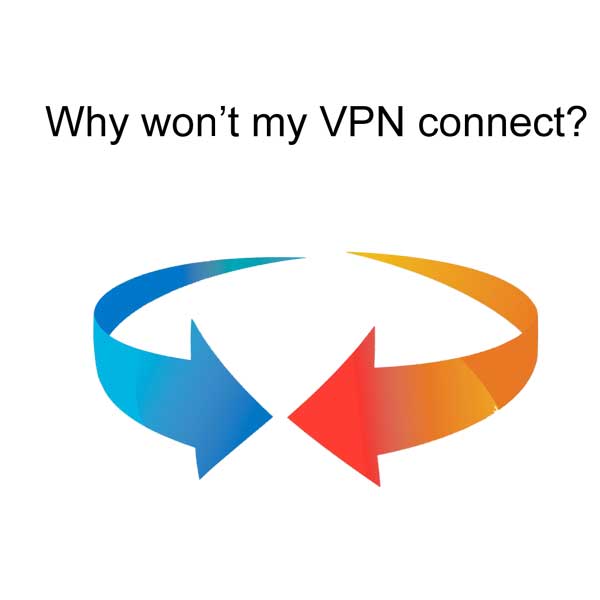What do we talk about when we talk about tracking?
It’s important to first understand what tracking is in this context. There are three aspects to it:
Can someone see that you’re using a VPN?
What information is available to them?
Can they see what you’re doing online?
Let’s explore it.
Can you be tracked with a VPN?
You can’t be tracked when using a VPN because it encrypts your data. As a result, your ISP or bad actors can’t get any information out of your traffic. All they can see is the VPN server IP address, while your real IP and all your online activities stay hidden.
That said, you still provide information to websites or services when you accept their cookies or log into your account. If you want to provide as little information as possible, you should block cookies and avoid logging into any accounts whenever possible.
Let’s take a look at some of the most common ways used to track users online.
Malware
Accidentally installing malware on your device can result in severe issues like stolen personal information or even fraud.
IP address
Unless you use a VPN, a proxy, a Tor browser, or any other privacy protection tool, your real IP (Internet Protocol) address is visible to the websites you visit. Find out what your IP address is.
Cookies
Advertisers can track you across the internet based on cookies, whether you use a VPN or not. However, popular browsers like Google Chrome allow you to block cookies if you’d rather not have your internet habits saved and stored on the internet.
Digital fingerprinting
More intrusive than cookie-based tracking, fingerprinting uses your computer settings, software, web browser preferences, and other similar things to make a digital portrait of you.
DNS leak
DNS leaks can happen when a VPN or a DNS is not set up correctly and when your device gets hacked. These leaks can compromise your privacy by exposing your activity online. To avoid DNS leaks, use a VPN that provides you with its own DNS addresses.
Doxxing
Doxxing is a malicious practice that people use to expose someone’s private information, like their home address or workplace.
Logging into your accounts
If you log into your personal Google account, Google still knows that it’s you and follows the steps you take in the Google ecosystem, even when a VPN is in use.
Revealing information online
When you go around the internet saying, “I’m John Q. User, here’s my actual home address,” that information becomes public even if you’re using a VPN.
As you can see, an IP address isn’t the only identifier on the internet. Thus, a VPN isn’t the only solution to online threats. Apart from antivirus programs, we should also be cautious about what we share and what we click on online.








